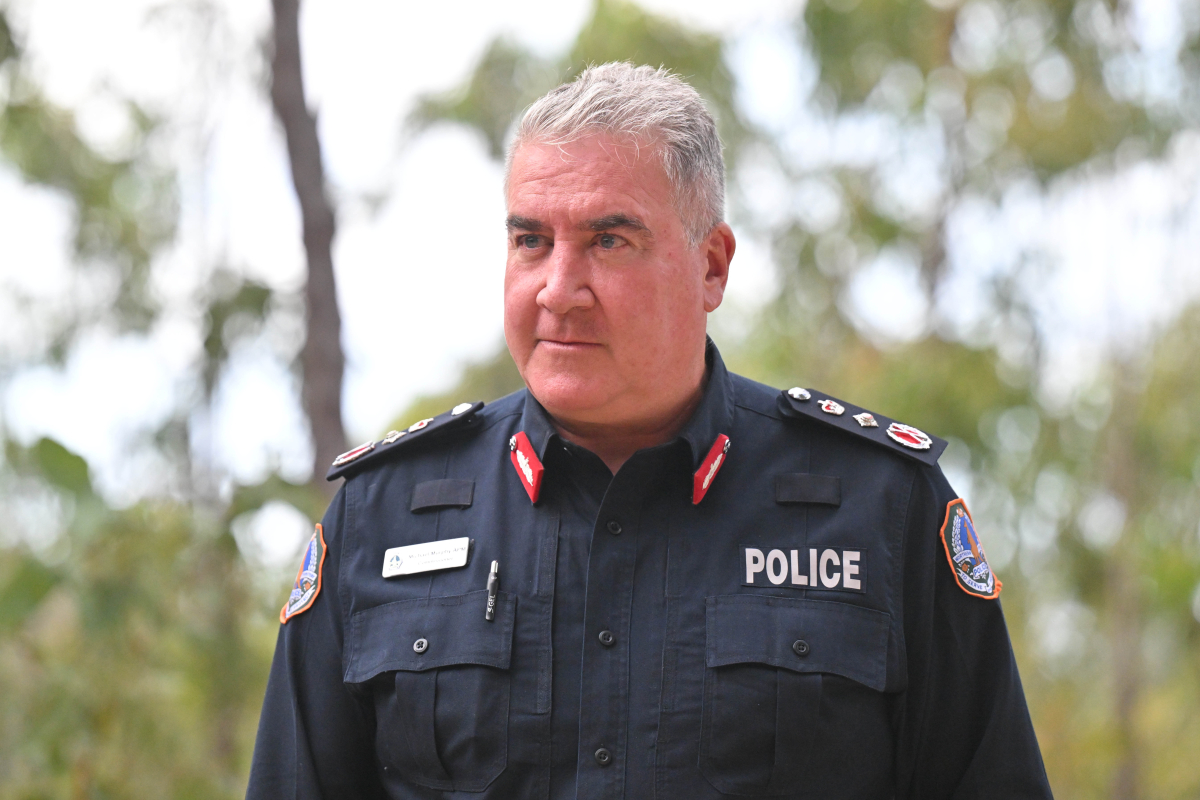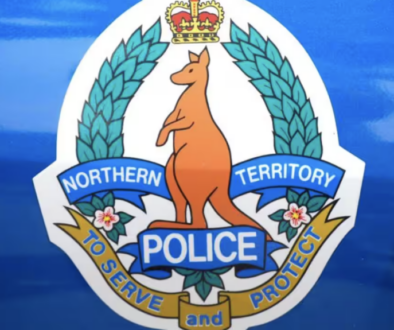NT Police “invested in cultural reform”, Commissioner says after complaint to Human Rights Commission revealed
The Northern Territory’s police commissioner has once again said he is committed to “cultural reform” within NT Police, after three serving Aboriginal police officers lodged a human rights complaint alleging racial vilification and unequal pay within the force.
Levitt Robinson announced last Friday it had lodged a complaint against the Territory government and Police Commissioner Michael Murphy with the Australian Human Rights Commission, on behalf of the officers.

The lawyers said the officers experienced racial vilification, derision and an unequal pay system as Aboriginal Community Police Officers (ACPOs) over a period of two decades.
Firm partner Dana Levitt said Levitt Robinson was approached by about 20 current and former ACPOs to lodge a representative complaint on their behalf.
“The whole notion of having Aboriginal Community Police Officers with lower pay and worse conditions, to police Aboriginal people, is inherently racist, particularly where one-third of the population is Indigenous, and the work of policing disproportionately effects Indigenous Territorians,” she said.
“A consistent theme amongst Aboriginal Community Police Officers is that they joined the force to help their community and have been frequently deployed by their white superiors in ways which they believe harm their community.”
The firm said it would seek damages and compensation for “pain and suffering, which they allege has been caused by systematic racism in the Northern Territory Police Service”.
The lawyers plan to pursue the matter in the Federal Court if mediation is unsuccessful.
The complaint follows Commissioner Murphy’s announcement of a new “anti-racism strategy” at the Garma Festival in August, where he also apologised to Indigenous people in the Territory for the “past harms and injustices” caused by the police.
In a statement on Saturday, Commissioner Murphy said it was “a positive step for NT Police that members have the confidence to speak up about issues such as racism”, but did not comment directly on the complaint to the Human Rights Commission.
“We are invested in cultural reform and continuing to make progress for a safe workplace and investment in leadership and pathways for all our employees, for a safer Territory,” he said.
Commissioner Murphy’s apology at Garma followed allegations of racist conduct in NT Police at the coronial inquest into the 2019 shooting death of Kumanjayi Walker in Yuendumu. The inquest heard racist awards were handed out among members of a policing unit, which Commissioner Murphy eventually conceded he knew about at the time, but did not act upon.
Contact us
Please provide a brief description of your claim.



